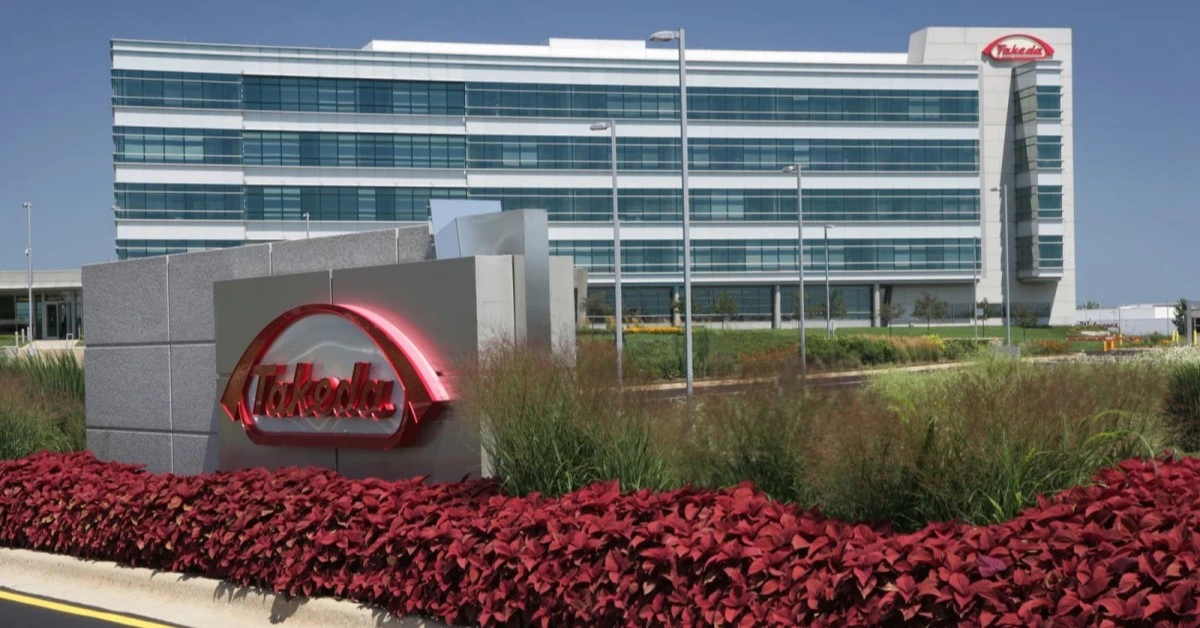
USA – Takeda Pharmaceutical Company has teamed up with Boston Medical Center (BMC) to address climate change challenges within the U.S. healthcare sector.
This collaboration aims to significantly reduce greenhouse gas (GHG) emissions associated with the disposal of regulated medical waste, such as single-use plastics and pharmaceutical packaging.
The partnership is poised to identify and pilot innovative solutions aimed at minimizing hard-to-abate emissions throughout the healthcare supply chain.
By implementing waste audits and exploring new technologies, BMC plans to effectively pinpoint emission hotspots and develop targeted interventions.
Robert Biggio, BMC’s Senior Vice President and Chief Sustainability and Real Estate Officer, emphasized the urgency of the initiative, stating, “Increasing health risks exacerbated by climate change, such as extreme heat, pollution, biodiversity loss, and other environmental impacts, are a real and direct threat to patient and community wellbeing.
“Our collaboration with Takeda aims to drive meaningful change by addressing environmental challenges that contribute to health disparities. This is a critical step in fostering innovation in the medical supply chain for a healthier environment for all communities,” he added.
Takeda’s commitment to net zero emissions
For Takeda, this initiative aligns with its ambitious goal of achieving net zero GHG emissions in its operations by 2035 and across its entire value chain by 2040.
The Science Based Targets initiative (SBTi) validated Takeda’s GHG emission goals in 2024, affirming their commitment to the global effort to limit temperature rise to 1.5°C above pre-industrial levels.
BMC has already established itself as a leader in sustainability within the healthcare sector. It became the first hospital in the U.S. to implement a rooftop solar array to assist patients facing energy insecurity and has developed rooftop farms to provide fresh produce for its operations.
Additionally, BMC opened the first net-zero-ready behavioral health facility and successfully raised US $232 million through sustainability bonds to enhance patient care.
The collaboration will also focus on engaging various stakeholders, including waste vendors and suppliers, to establish and disseminate new best practices in waste management and emissions reduction across the healthcare industry.
Takeda restructuring Leads to employee layoffs in Massachusetts
In a separate development, Takeda is undergoing further restructuring efforts, resulting in layoffs of dozens of employees in Massachusetts.
A Worker Adjustment and Retraining Notification (WARN) alert filed with the state indicates that the layoffs, which began in late September, will continue through March of next year.
While the alert mentions that 79 employees across two sites are affected, the final number may vary depending on potential redeployment opportunities.
A Takeda spokesperson confirmed that these job cuts are part of a larger restructuring initiative launched earlier this year.
“As we continue to work to bring these initiatives to fruition, difficult choices will also be required, and some employees will be impacted as a result,” the spokesperson noted.
The company aims to streamline its operations and achieve greater organizational simplicity.
Economic impacts and future aspirations
This marks the third wave of job cuts Takeda has initiated in Massachusetts since unveiling a 140 billion Japanese yen (US $900 million) restructuring strategy in May.
The plan aims to boost total profits to 225 billion yen (US $1.4 billion) by the end of the fiscal year in March 2025.
Despite the recent layoffs, Takeda remains confident in its position as the largest life sciences employer in Massachusetts, a status it has maintained since relocating its U.S. headquarters from the Chicago area in 2018.
The company is also facing challenges outside the U.S.; it announced the closure of its adeno-associated virus (AAV) gene therapy production and R&D facility in Orth, Austria, resulting in job losses for nearly 200 staff members.
XRP HEALTHCARE L.L.C | License Number: 2312867.01 | Dubai | © Copyright 2025 | All Rights Reserved